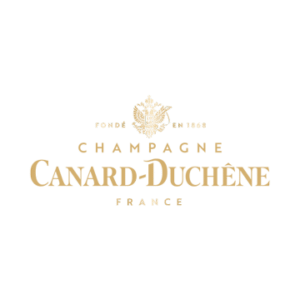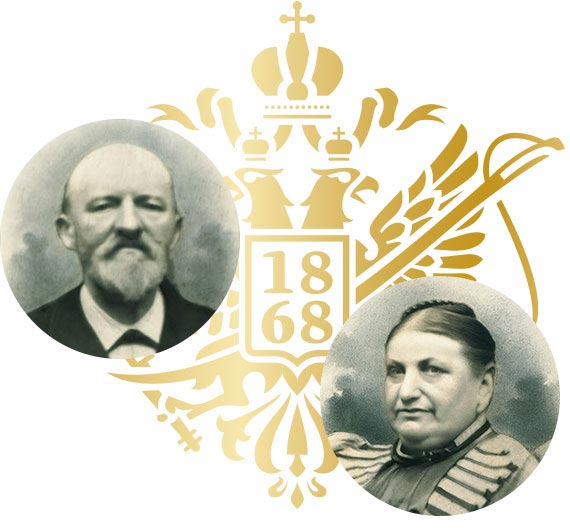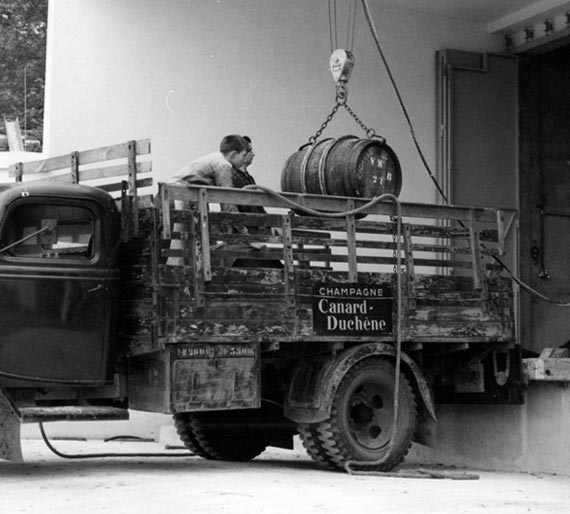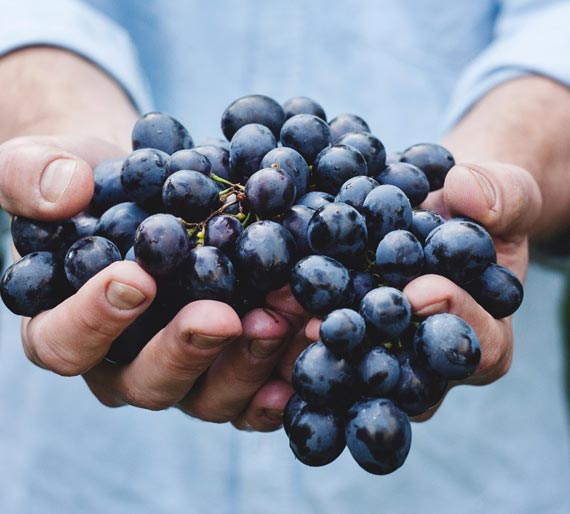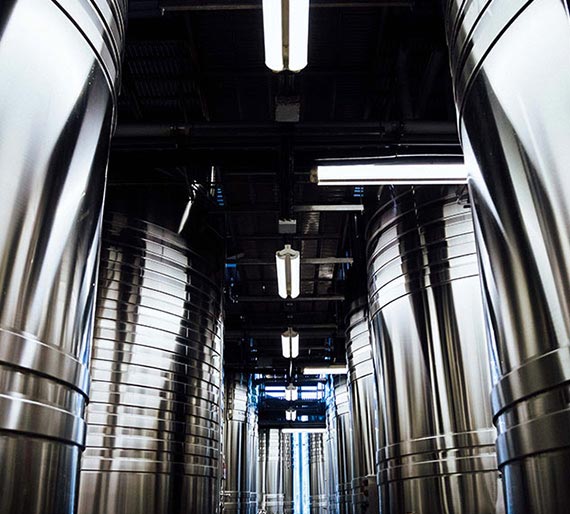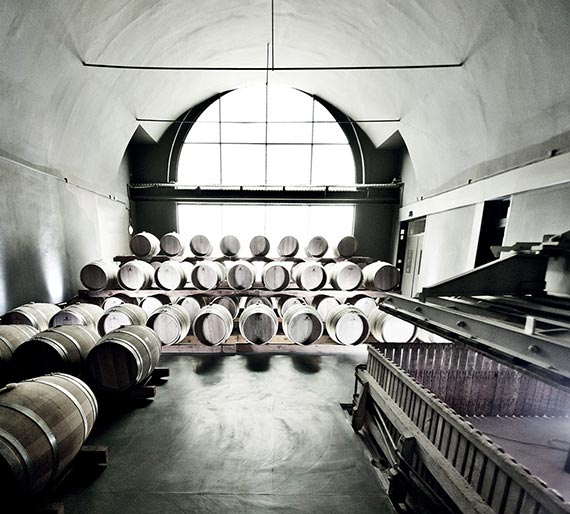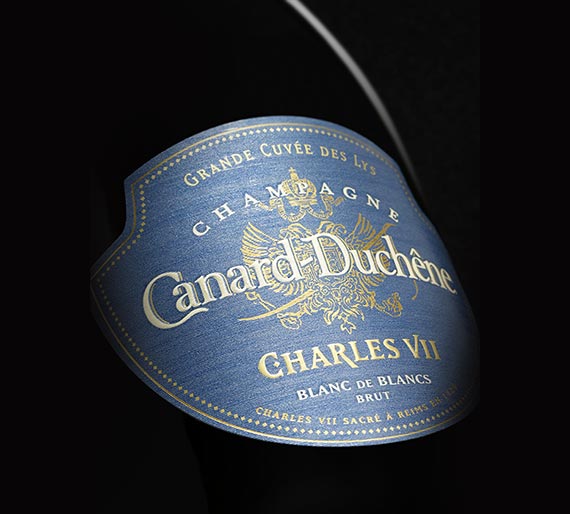Canard-Duchêne Champagne
Canard-Duchêne Champagne: A journey through history, prestige and viticulture
Introduction
Canard-Duchêne Champagne ist ein renommierter Champagnerhersteller, der tief in der reichen Geschichte der Champagne verwurzelt ist. Gegründet im Jahr 1868 in Ludes, hat sich das Haus über Generationen hinweg einen Namen gemacht, der für Qualität, Eleganz und Tradition steht. Dieser Text wird die faszinierende Geschichte von Canard-Duchêne, die Eigenschaften seiner berühmtesten Champagnersorten, die aktuellen Rebflächen und den Sitz des Unternehmens ausführlich beleuchten.
History of Canard-Duchêne Champagne
Die Ursprünge von Canard-Duchêne Champagner liegen in einer romantischen und visionären Partnerschaft. 1859 trafen sich Victor Canard, ein talentierter Fassmacher, und Léonie Duchêne, die Tochter eines Gärtners, im Herzen der Montagne de Reims. Ihre Liebe und ihr gemeinsames Verständnis für Handwerk und Natur führten zur Gründung des Hauses Canard-Duchêne im Jahr 1868. Die Verbindung ihrer Namen und ihres Könnens spiegelte sich in den Champagnern wider, die sie produzierten.
Canard-Duchêne achieved international recognition as early as 1890, when Tsar Nicholas II of Russia and his imperial court favoured the house's champagne. This prestigious association enabled Canard-Duchêne to display the Russian coat of arms on its bottles, a symbol of the highest quality and imperial favour.
The two world wars of the 20th century left their mark on the Domaine of Canard-Duchêne Champagne. While the château at the heart of the estate was destroyed, the limestone cellars remained intact. These cellars, which are still in use today, bear witness to the durability and resilience of the house.
In 1968, to celebrate its 100th anniversary, Canard-Duchêne created the Grande Cuvée Charles VII, named after the famous French king. This special cuvée, presented in a uniquely shaped bottle, epitomises the craftsmanship and the best parcels of the estate's vineyards.
The year 2018 markierte ein weiteres bedeutendes Jubiläum: das 150-jährige Bestehen von Canard-Duchêne Champagner. Dieses Ereignis bot die Gelegenheit, die vergangenen Generationen zu ehren, die zum Ruhm und Ansehen des Hauses beigetragen haben.
The most famous champagne: Grande Cuvée Charles VII
The Grande Cuvée Charles VII is undoubtedly Canard-Duchêne's most famous champagne. This exquisite cuvée was created to celebrate the 100th anniversary of the house and is a tribute to the French King Charles VII. The blend, presented in a uniquely shaped bottle, is made from the best grapes from the Montagne de Reims and represents the highest level of Canard-Duchêne's craftsmanship.
The Grande Cuvée Charles VII is characterised by its complex aromas and fine perlage. The nose reveals notes of white flowers, peaches and citrus fruits, while the palate is characterised by its elegance and harmony. The structure and depth of this champagne make it an ideal choice for special occasions and celebrations.
Current information on vineyards and headquarters
Canard-Duchêne Champagne has its own vineyards in the Champagne region, but these only cover around 4 1TP57 tonnes of the company's total grape requirements. The majority of the grapes are sourced from carefully selected partner winegrowers who fulfil Canard-Duchêne's high quality standards. This co-operation ensures that only the best grapes are used for the production of the champagnes.
The Canard-Duchêne Champagne house is still located in Ludes, a picturesque village in the heart of the Montagne de Reims. This region is known for its chalky soils and ideal climate for viticulture. The vineyards around Ludes are planted with Pinot Noir, Chardonnay and Pinot Meunier, the classic grape varieties of Champagne.
The soil of the Montagne de Reims, which has developed over 70 million years, offers a unique combination of limestone, chalk, clay and sand. This soil composition gives the wines of Canard-Duchêne their characteristic minerality and complexity.
Viticulture and production
Pinot Noir is the dominant grape variety in the wines of Canard-Duchêne and forms the backbone of the house style. This noble grape gives the champagnes structure, elegance and fruity flavours of cherries, blackberries and currants. The clear must obtained from the freshly pressed grapes forms the basis for the house's fine and balanced champagnes.
Under the direction of cellar master Laurent Fédou, who has been with the house for over 15 years, the traditions of champagne production are combined with innovation. Fédou's instinctive and creative approach brings fresh ideas to Maison Canard-Duchêne Champagne without neglecting the tried and tested methods and heritage.
Conclusion
Canard-Duchêne Champagne is a house that marvellously combines tradition and modernity. From its humble beginnings in Ludes to its position as a prestigious member of the Thiénot family, Canard-Duchêne has carved out its place in the world of champagne. The Grande Cuvée Charles VII remains a symbol of the craftsmanship and high quality that characterise the House.
The situation in the Montagne de ReimsThe carefully tended vineyards and dedication to the art of champagne production make Canard-Duchêne a brand that is indispensable for connoisseurs and gourmets alike. The history, passion and commitment to excellence are reflected in every glass of Canard-Duchêne champagne.
CANARD-DUCHÊNE CHAMPAGNE
1, rue Edmond Canard
51500 LUDES
France
+ (33) 3 26 61 11 60
http://www.canard-duchene.fr

